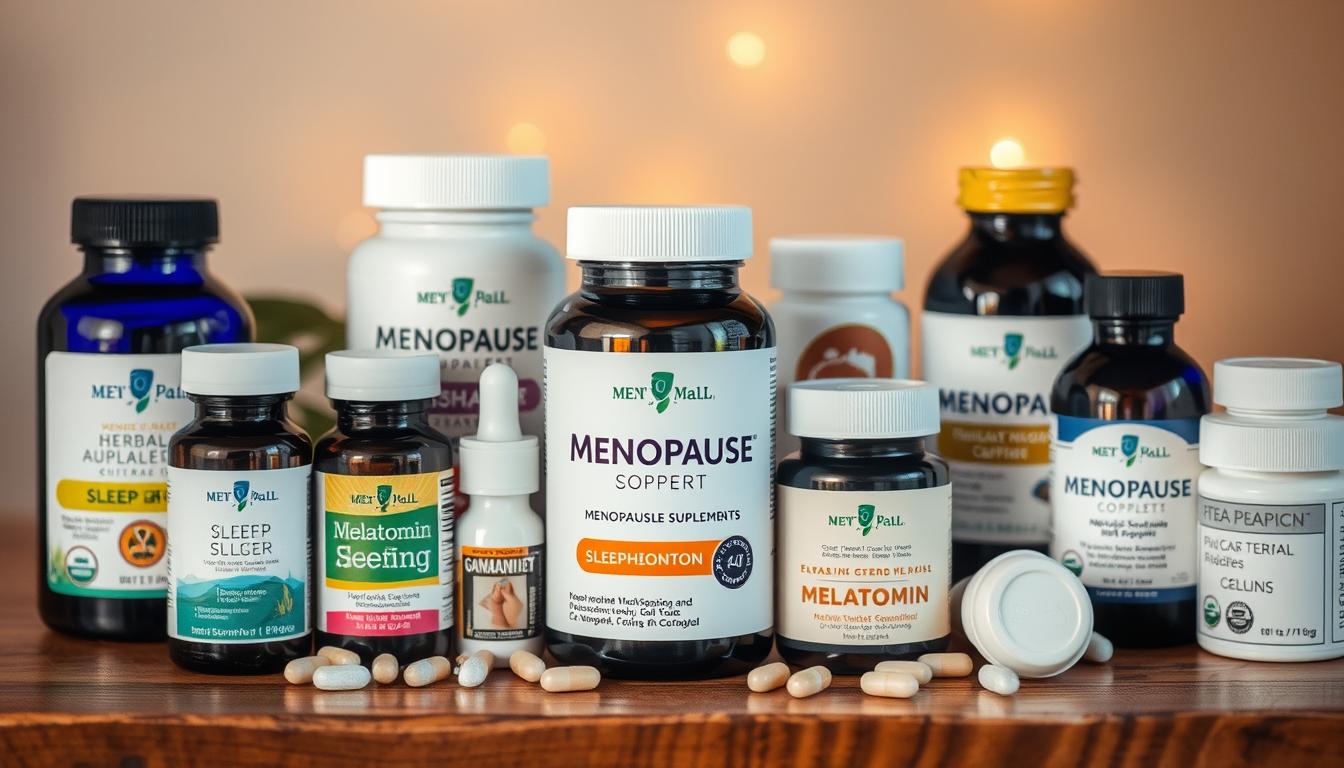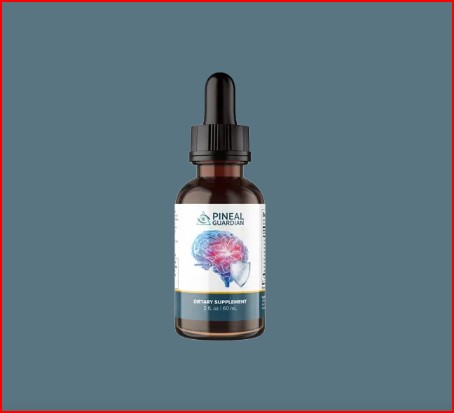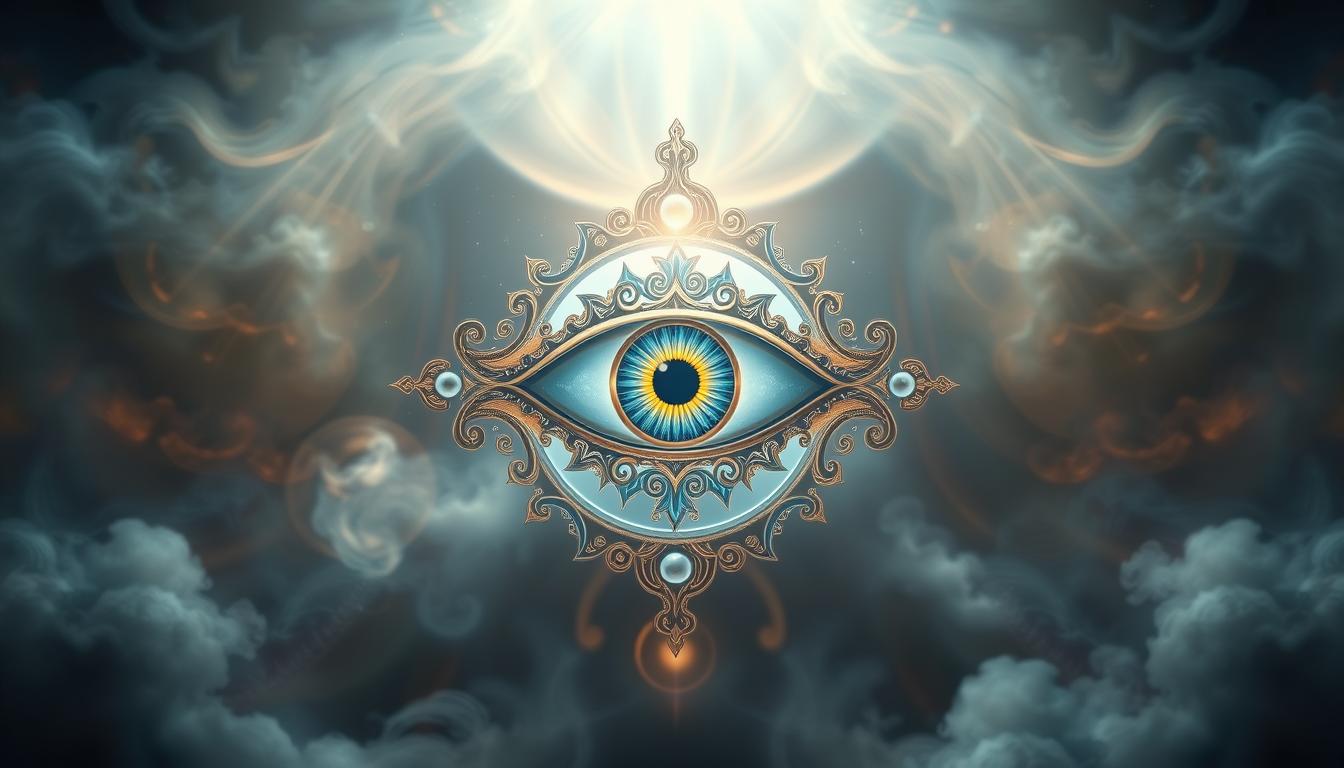Best Menopause Aids for Sleep: Your Ultimate Guide to Restful Nights
Millions of women face sleepless nights during menopause. They deal with hot flashes, night sweats, and rising anxiety. But, there are effective natural menopause relief options to help them sleep better.
There are many menopause supplements and science-backed strategies to ease sleep troubles. By trying these, women can find what works best for them.
Key Takeaways
- Identify the most effective menopause aids for sleep.
- Explore natural relief options for managing menopause symptoms.
- Understand how menopause supplements can improve sleep quality.
- Discover science-backed strategies for restful nights.
- Learn how to combine different approaches for optimal results.
Understanding Menopause and Sleep Disruption
Menopause is a big change in life that can mess with sleep. Women going through it often face many symptoms that hurt their sleep.
How Hormonal Changes Affect Sleep Quality
The main reason for sleep trouble in menopause is the drop in estrogen and progesterone. These hormones help control sleep, mood, and body temperature. As hormone balance changes, women might find it hard to fall or stay asleep.
Common Sleep Issues During Menopause
Women in menopause often deal with hot flashes and night sweats. These can really mess up sleep. Other sleep problems include insomnia, restless leg syndrome, and sleep apnea. It’s key to find ways to ease menopause symptoms to sleep better.
Some women also feel anxious or have mood swings, making sleep worse. Looking into hot flashes remedy can help ease these issues and improve sleep.
The Science Behind Menopause-Related Insomnia
Menopause-related insomnia is a complex issue. It’s influenced by various physiological and psychological factors. As women go through menopause, they often face a range of symptoms. These symptoms can significantly disrupt their sleep patterns.
Hot Flashes and Night Sweats
Hot flashes and night sweats are common symptoms of menopause. They play a big role in disrupting sleep. These sudden feelings of heat can wake women up at night, making it hard to fall back asleep.
Menopause relief products, like cooling pads and breathable bedding, can help. They promote a more restful sleep.
Anxiety and Mood Changes
Anxiety and mood changes are also common during menopause. They can make sleep issues worse. Hormonal fluctuations can increase anxiety levels, making it hard to relax and fall asleep.
Incorporating natural menopause relief strategies, like meditation and deep breathing exercises, can help. These can improve sleep quality. Seeking menopause support from healthcare providers or support groups can also help. They provide the tools and resources needed to navigate these challenges.
Comprehensive Menopause Aids for Sleep Support
Menopause brings many challenges, including sleep issues. There are various aids to help with these problems. Each type is made to solve a specific sleep problem.
Cooling Products for Night Sweats
Night sweats are common in menopause and can disrupt sleep. Cooling pillows, mattress toppers, and pajamas can help. They keep the body cool at night.
Specialized Menopause Pillows and Bedding
There are pillows and bedding made just for menopause. They have cooling features or are made of breathable materials. Bedding that wicks away moisture can also help.
Sleep-Tracking Devices for Menopause
Sleep-tracking devices are great for menopause. They track sleep patterns. This helps women understand and improve their sleep.
| Product Type | Features | Benefits |
|---|---|---|
| Cooling Products | Cooling gel, breathable materials | Regulates body temperature, reduces night sweats |
| Specialized Pillows and Bedding | Moisture-wicking fabrics, cooling features | Enhances sleep quality, manages night sweats |
| Sleep-Tracking Devices | Monitors sleep patterns | Provides insights into sleep quality and duration |
Using these aids can greatly improve sleep during menopause. They address the main causes of sleep problems.
Prescription Solutions for Menopause Sleep Disturbances
Sleep problems during menopause can be fixed with prescription solutions. These treatments aim to ease symptoms that mess with sleep. This helps improve life quality.
Hormone Replacement Therapy Options
Hormone Replacement Therapy (HRT) is a key treatment for menopause symptoms. It replaces hormones that drop as women get older. This helps balance hormones and can lessen hot flashes and night sweats.
These are big sleep disruptors. HRT comes in different forms, like estrogen-only or estrogen and progesterone together. The right choice depends on your health history and symptoms.
Non-Hormonal Prescription Medications
For those who can’t or don’t want HRT, non-hormonal prescription medications are an option. They target specific symptoms that mess with sleep. For instance, some antidepressants can help with hot flashes and sleep.
Also, sleep aids or anti-anxiety meds might be given to tackle menopause sleep issues. Always talk to a doctor to find the best prescription solution for you. This ensures you get the menopause symptoms relief and better sleep you need.
Natural Menopause Relief Supplements for Better Sleep
Many women use natural supplements to help with sleep during menopause. Menopause changes hormones, which can mess with sleep. These supplements might help without the need for prescription drugs.
Melatonin and Sleep Regulation
Melatonin helps control when we sleep and wake. In menopause, melatonin levels often drop, making sleep harder. Taking melatonin can help sleep quality and length. Always talk to a doctor about the right amount for you.
Herbal Remedies: Black Cohosh, Valerian, and Chamomile
Herbs have been used for ages to ease menopause symptoms, like sleep problems. Black cohosh can lessen hot flashes and night sweats, helping sleep. Valerian root acts as a natural sedative. Chamomile tea or supplements help relax, making it easier to sleep. You can use these herbs alone or together for better sleep.
Magnesium and Other Minerals for Hormone Balance
Magnesium is key for hormone balance and can ease menopause symptoms. It also helps relax and improves sleep. Calcium and potassium are also vital for health and sleep. Getting enough of these minerals through food or supplements can help with menopause sleep issues.
In summary, natural supplements can help with sleep problems during menopause. Knowing about melatonin, herbs, and minerals can guide women in improving their sleep.
Lifestyle Modifications to Combat Menopause Sleep Issues
Menopause can mess with sleep, but making lifestyle changes can help. Women can improve their sleep and feel better during this time by making the right adjustments.
Optimal Bedroom Environment
Having a good sleep environment is key. Make sure your bedroom is cool, dark, and quiet. Use blackout curtains, earplugs, or a white noise machine to help.
Also, get a comfy mattress and pillows that support menopause symptoms. These can really help.
Evening Routines That Promote Rest
Having a calming evening routine is important. Try reading, taking a warm bath, or doing gentle stretches. These activities can help your body get ready for sleep.
It’s also good to avoid screens and electronic devices before bed. The blue light they give off can mess with your sleep.
Exercise Timing and Sleep Quality
Exercise is great, but when you do it matters. Don’t exercise too close to bedtime. It can actually make it harder to sleep.
Try to finish your workout a few hours before bed. Then, do something relaxing in the evening instead.
| Lifestyle Modification | Benefit for Sleep |
|---|---|
| Cool, dark bedroom | Improves sleep quality |
| Relaxing evening routine | Signals body for sleep |
| Appropriate exercise timing | Enhances restfulness |
Dietary Approaches to Manage Hot Flashes and Night Sweats
Diet is key in easing menopause symptoms like hot flashes and night sweats. A good diet can help balance hormones and lessen these symptoms.
Foods That Help Regulate Hormones
Some foods can help with hot flashes and night sweats. Foods rich in omega-3 fatty acids, like salmon and flaxseeds, have anti-inflammatory effects. Foods high in fiber, such as whole grains, fruits, and veggies, also help balance hormones.
Calcium and vitamin D-rich foods are good for bones during menopause. You can find these in dairy, leafy greens, and fortified cereals.
| Food Group | Examples | Benefits |
|---|---|---|
| Omega-3 Rich Foods | Salmon, Flaxseeds, Walnuts | Reduces inflammation |
| Fiber-Rich Foods | Whole Grains, Fruits, Vegetables | Regulates hormonal balances |
| Calcium and Vitamin D-Rich Foods | Dairy Products, Leafy Greens, Fortified Cereals | Supports bone health |
What to Avoid Before Bedtime
Staying away from certain foods and drinks before bed can help you sleep better and reduce night sweats. It’s best to limit or avoid caffeine and spicy foods as they can cause hot flashes and mess up your sleep.
Avoiding high-sugar foods before bed is also wise. They can cause energy crashes and make you uncomfortable at night.
Mind-Body Techniques for Menopause Symptoms Relief
Mind-body practices offer a holistic approach to managing menopause symptoms. They focus on the connection between the mind and body. This helps relieve the discomforts of menopause.
Meditation and Breathing Exercises
Meditation and breathing exercises help reduce stress and anxiety in menopause. Regular practice can improve sleep and reduce hot flashes. Mindfulness meditation and deep breathing are easy to add to your daily routine.
Cognitive Behavioral Therapy for Insomnia (CBT-I)
CBT-I is a non-pharmacological approach for insomnia. It helps change sleep habits and behaviors. This therapy is great for menopausal women with sleep issues.
Yoga and Gentle Stretching Practices
Yoga and gentle stretching can ease menopause symptoms. They promote relaxation and reduce muscle tension. These exercises also improve flexibility and balance, boosting overall physical well-being.
| Mind-Body Technique | Benefits for Menopause Symptoms |
|---|---|
| Meditation and Breathing Exercises | Reduces stress and anxiety, improves sleep quality |
| Cognitive Behavioral Therapy for Insomnia (CBT-I) | Addresses underlying causes of insomnia, improves sleep habits |
| Yoga and Gentle Stretching Practices | Promotes relaxation, reduces muscle tension, improves flexibility and balance |
By adding these mind-body techniques to their daily routine, women can find relief from menopause symptoms. This improves their quality of life.
Creating a Personalized Sleep Strategy with Menopause Support Products
A personalized sleep strategy combines menopause aids and lifestyle changes. It offers a holistic way to manage sleep issues. Tailoring the approach to individual needs helps women tackle menopause challenges.
Combining Approaches for Maximum Effectiveness
For the best sleep strategy, mixing different methods is key. This includes using menopause support products like cooling bedding and sleep-tracking devices. It also involves making lifestyle changes, such as eating right and managing stress.
Adding relaxation techniques like meditation to your evening routine can boost sleep quality. A sleep expert says, “Keeping a regular sleep schedule and a calming bedtime routine can greatly improve sleep.”
- Use menopause aids like special pillows and cooling items.
- Make lifestyle changes like regular exercise and a balanced diet.
- Try stress management techniques like yoga or cognitive behavioral therapy.
Tracking Progress and Adjusting Your Plan
It’s important to track your progress for a successful sleep strategy. Sleep-tracking devices offer insights into your sleep patterns. This helps spot areas for improvement.
A study shows, “Watching your sleep patterns can lead to better sleep habits and overall well-being.” Regularly check and tweak your sleep plan based on the data. This helps achieve the best sleep results.
“The key to a successful sleep strategy is flexibility and a willingness to adapt as needed.”
By mixing menopause support products with lifestyle changes and tracking progress, women can craft a strong sleep strategy. It’s tailored to their unique needs.
Conclusion: Embracing Restful Nights During Your Menopause Journey
Understanding why sleep can be tough during menopause is key. Using the right menopause relief products and strategies can help. This way, women can get better sleep and feel better overall.
Women going through menopause can get good sleep. Making lifestyle changes, taking natural supplements, and using menopause relief products can help. These steps can ease symptoms and make sleep better.
Getting a good night’s sleep is more than just fixing sleep problems. It’s about improving health and life quality during a big life change.







Post Comment